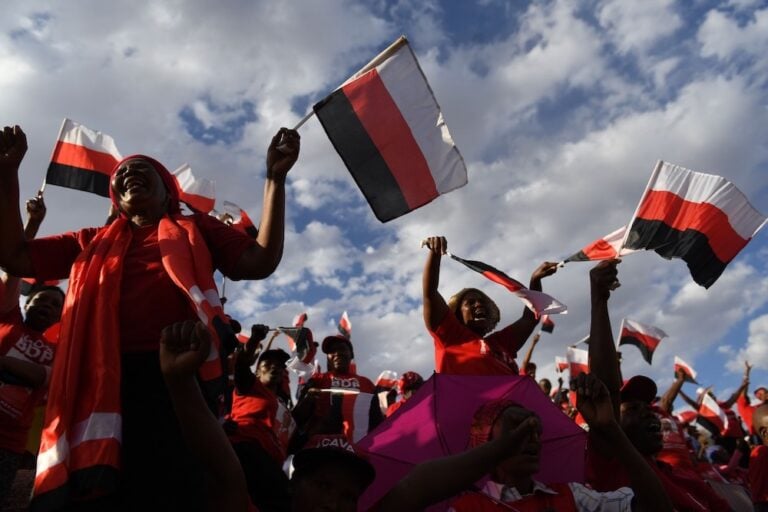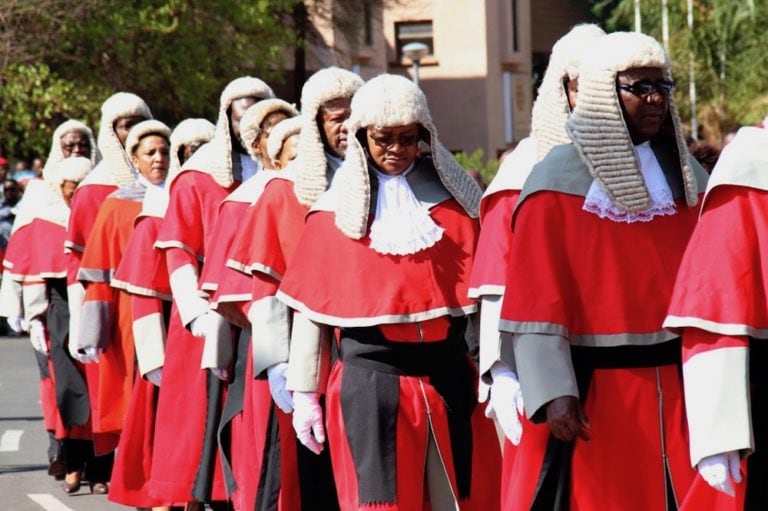(MISA/IFEX) – The preliminary results of an Afro Barometer Survey, released on 20 February 2009, indicate that a majority of people in Botswana support press freedom and critical speech. The survey, conducted by the Department of Political and Administration Studies, Sociology and Statistics at the University of Botswana reveals that “Batswana overwhelmingly showed their support […]
(MISA/IFEX) – The preliminary results of an Afro Barometer Survey, released on 20 February 2009, indicate that a majority of people in Botswana support press freedom and critical speech.
The survey, conducted by the Department of Political and Administration Studies, Sociology and Statistics at the University of Botswana reveals that “Batswana overwhelmingly showed their support for media and individual freedoms. This suggests that freedom of expression is regarded by Batswana as an essential attribute of a functioning democracy.”
The surveyors noted that “despite recent government attempts to suppress the media and individual freedoms, Batswana have remained firm in their commitment to these freedoms.”
Asked whether the press should be free to publish any story that they see fit without fear of being shut down, the respondents from rural and urban areas responded positively scoring 78 percent and 86 percent, respectively.
The other question was whether the news media should constantly investigate and report on corruption and mistakes made by the government, to which those surveyed also responded overwhelmingly in the affirmative.
Commenting on the results, one of the researchers, David Sebudubudu, concurred by citing certain examples in which both the government and the main opposition party have been seen to be stifling divergent views.
“I do not think it is good for democracy if holders of divergent views are suppressed,” Sebudubudu said.
MISA-Botswana hopes the results will make the government realize that the recently enacted Media Practitioners Act is not in line with popular opinion in the country. The law sets up a statutory media council, stipulates that journalists must be accredited and calls for punishment of those who breach it. The survey results are also in agreement with the views expressed by the citizens of Botswana as documented in the national vision document, Vision 2016, in which the country aspires to have a self-regulatory Press Council and a Freedom of Information Act. The Afro Barometer is conducted in a number of countries and is supported by several organizations including The Institute for Democracy in South Africa (IDASA), the Ghana Centre for Democratic Development and Michigan State University.
For further information on the Media Practitioners Act, see: http://ifex.org/en/content/view/full/99910


